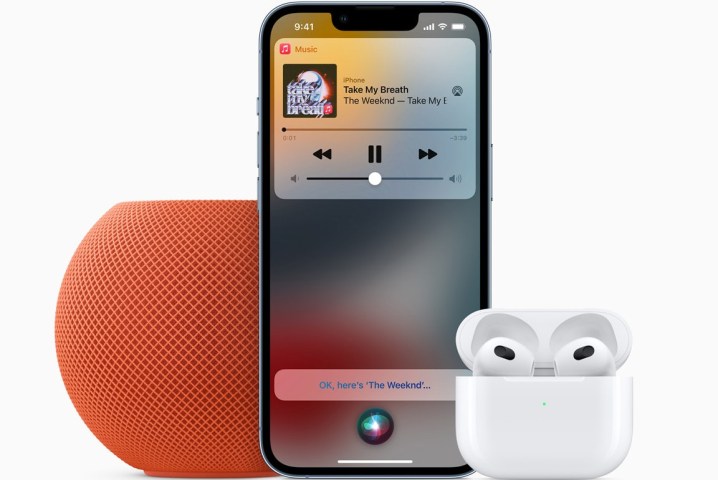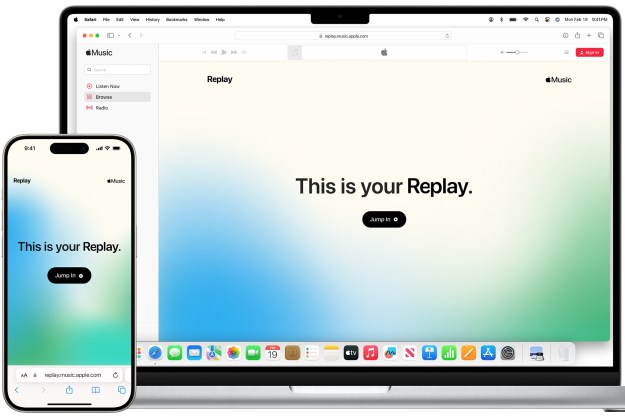
Apple is retiring its Voice plan for Apple Music that lets people use Siri to select tracks for $5 a month — less than half the cost of the regular plan.
The tech giant introduced its most affordable Apple Music plan in 2021 but on Wednesday said in a message on its website that it’s ending the ability to sign up to it with immediate effect.
Current subscribers to Voice for Apple Music can use the service until the end of their billing period. The auto-renew function has been turned off.
Apple is encouraging those on the Voice plan to switch either Individual, Student, or Family, or to consider signing up for Apple One, a bundle that includes Apple Music, Apple TV+, and more.
It’s not clear why Apple is retiring Voice, but it’s possible the take-up wasn’t as great as it had hoped.
The Siri-powered Voice tier was useful for those who mainly listened to music in their car or on a HomePod where they just called out tracks, with a library or visual interface being of little importance.
Voice comes with a bunch of limitations, though, which may have proved frustrating for some subscribers. For example, it has a pared-down visual interface with no access to lyrics or music videos. You can’t even make playlists. Downloading for offline listening isn’t possible either, and if you navigate via the interface and select a song, it’ll only play a preview of it – to play the full track you have to ask Siri. Voice also lacks features such as Spatial Audio for a premium listening experience.
Whether you’re a subscriber to Apple Music or not, you can still ask Siri to play particular songs, but only if they’re among your purchased or imported tracks. But to access Apple’s full music library, you’ll now have to pay at least $11 a month, or $6 if you’re a student.
Editors' Recommendations
- This one Apple Fitness feature completely changed how I exercise
- We finally know when Apple will announce its 2024 iPads
- An Apple insider just revealed how iOS 18’s AI features will work
- Apple may stop updating one of its best Apple Watches this year
- This is when Apple will finally release its new 2024 iPads


